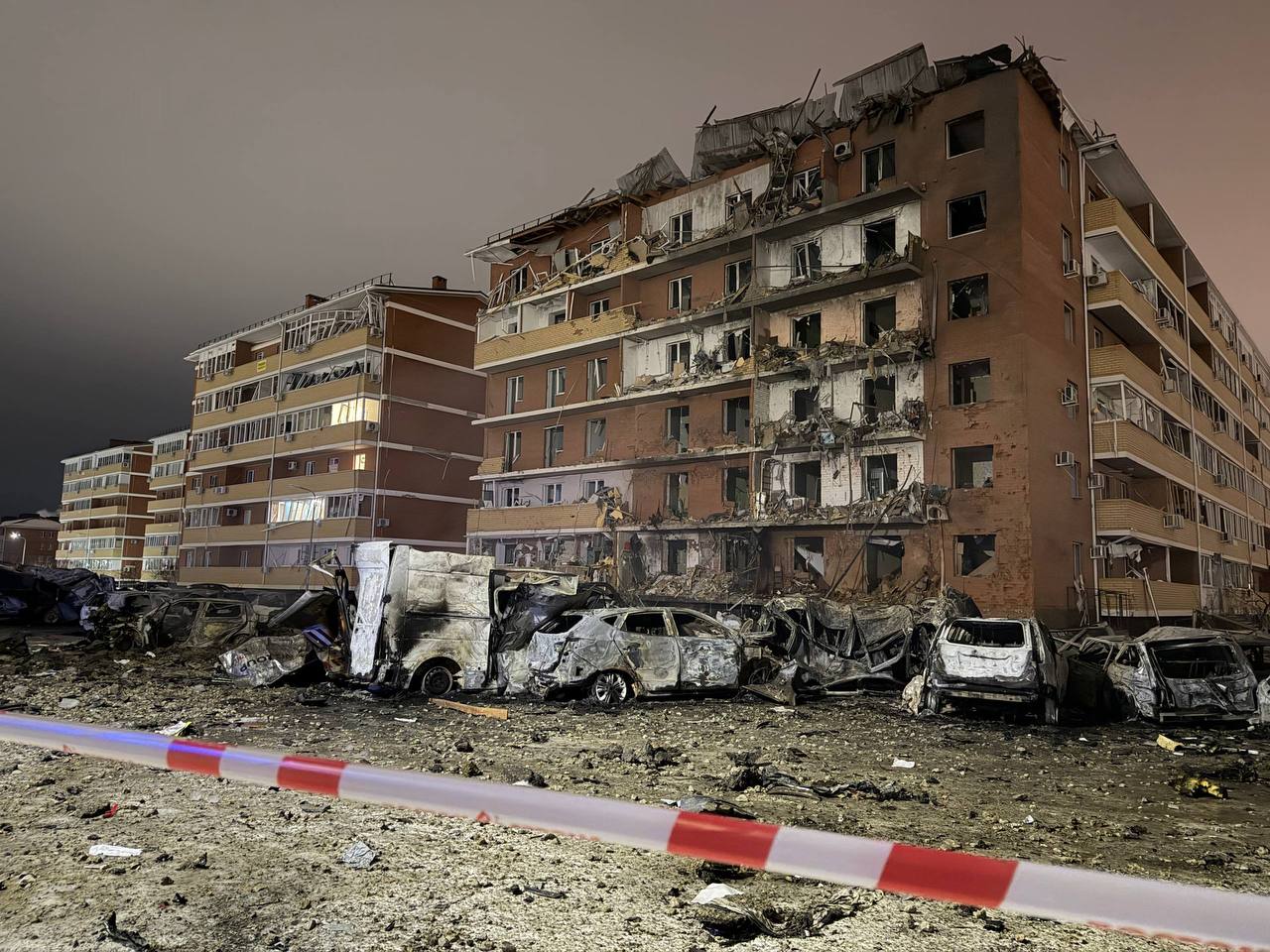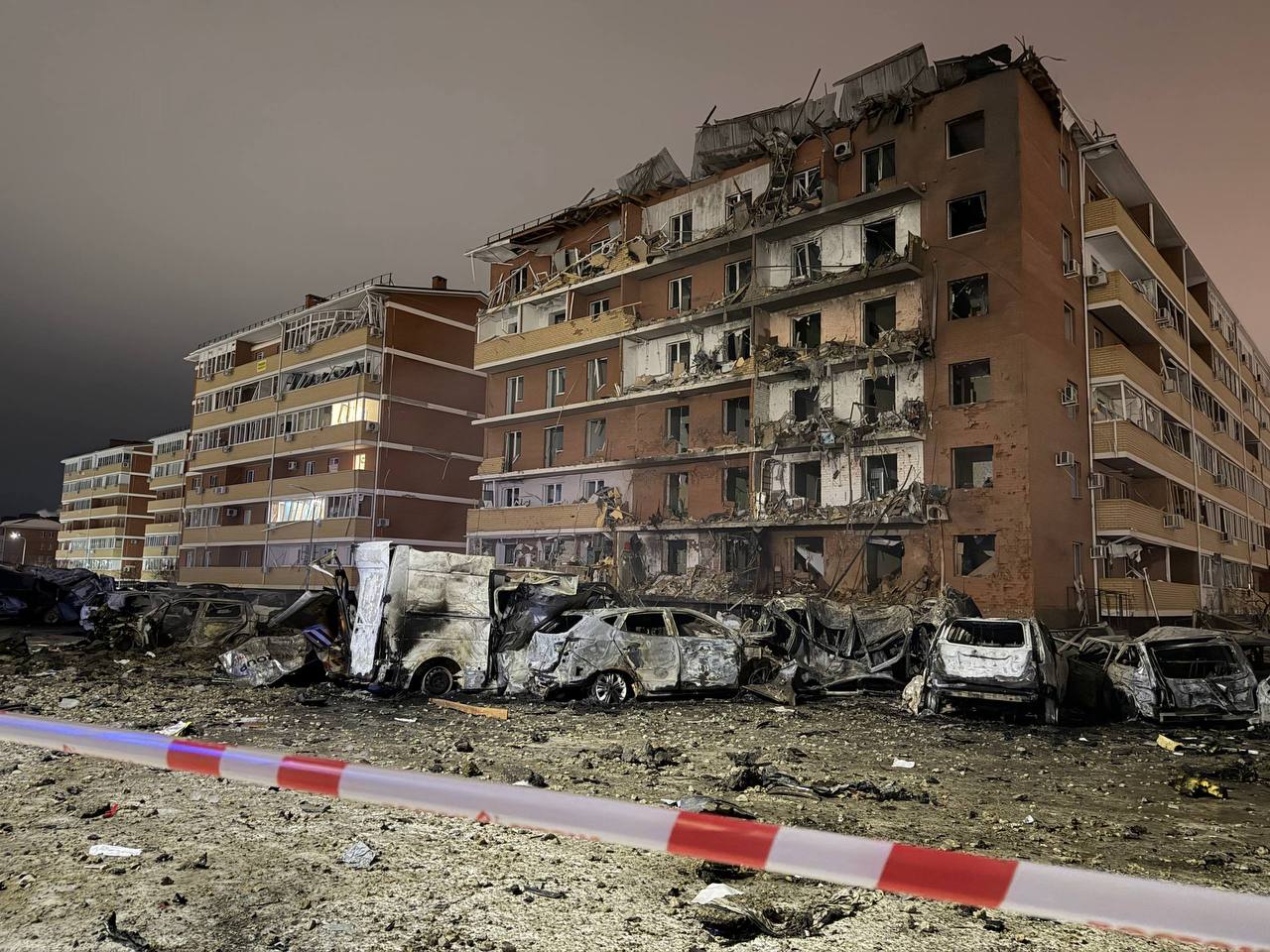The health of Adam Kadyrov, the son of Chechen leader Adam Kadyrov, who was injured in a traffic accident in Grozny, is improving, according to the Agency, citing sources close to the Russian presidential administration and the Chechen authorities.

The European Court of Human Rights (ECHR) is considering granting priority status to a class action lawsuit filed by Georgian NGOs against the "foreign agent" law, the Georgian Young Lawyers' Association (GYLA) announced.
The complaint was filed in Strasbourg in the fall of 2024 by 120 NGOs, 16 media outlets, and four individuals. The plaintiffs allege that the law violates six articles of the European Convention on Human Rights, including freedom of expression, freedom of association, the right to respect for private life, and the prohibition of discrimination.
According to GYLA, the court declared the complaint admissible on all counts and began examining it "in an unprecedentedly short time." The Georgian authorities have already responded to the ECHR's request.
"As stated in the correspondence sent by the court, the court may grant the case the status of a case of public interest." "This status is granted to cases raising issues of exceptional importance for the protection of human rights," the organization noted.
GYLA also reported that it provided the court with information on "repressive mechanisms applied against human rights organizations and media" after the law came into force, including the freezing of NGO accounts.
However, the association emphasized that the Georgian Ministry of Justice failed to mention in its response the new version of the law adopted in the spring of 2025—an analogue of the American FARA—or the amendments to the grants law that restrict NGOs' access to foreign funding without government consent.



